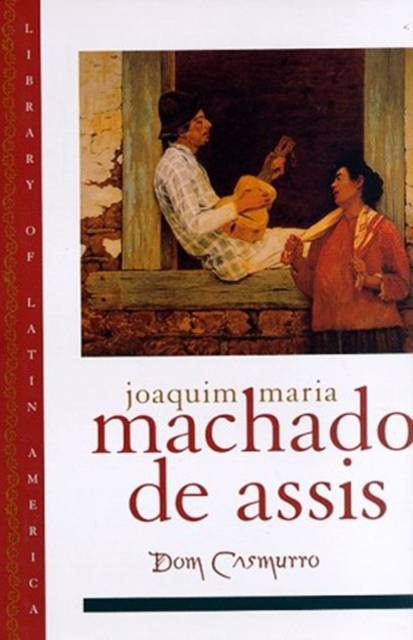
- Retrait gratuit dans votre magasin Club
- 7.000.000 titres dans notre catalogue
- Payer en toute sécurité
- Toujours un magasin près de chez vous
- Retrait gratuit dans votre magasin Club
- 7.000.0000 titres dans notre catalogue
- Payer en toute sécurité
- Toujours un magasin près de chez vous
Description
This new translation of a classic Brazilian novel, originally published in 1900, includes an informative introduction and notes by John Gledson, which set the novel in its historical context.
Spécifications
Parties prenantes
- Auteur(s) :
- Editeur:
Contenu
- Nombre de pages :
- 288
Caractéristiques
- EAN:
- 9780195103083
- Date de parution :
- 26-02-98
- Format:
- Livre relié
- Dimensions :
- 213 mm x 137 mm
- Poids :
- 448 g

Les avis
Nous publions uniquement les avis qui respectent les conditions requises. Consultez nos conditions pour les avis.






